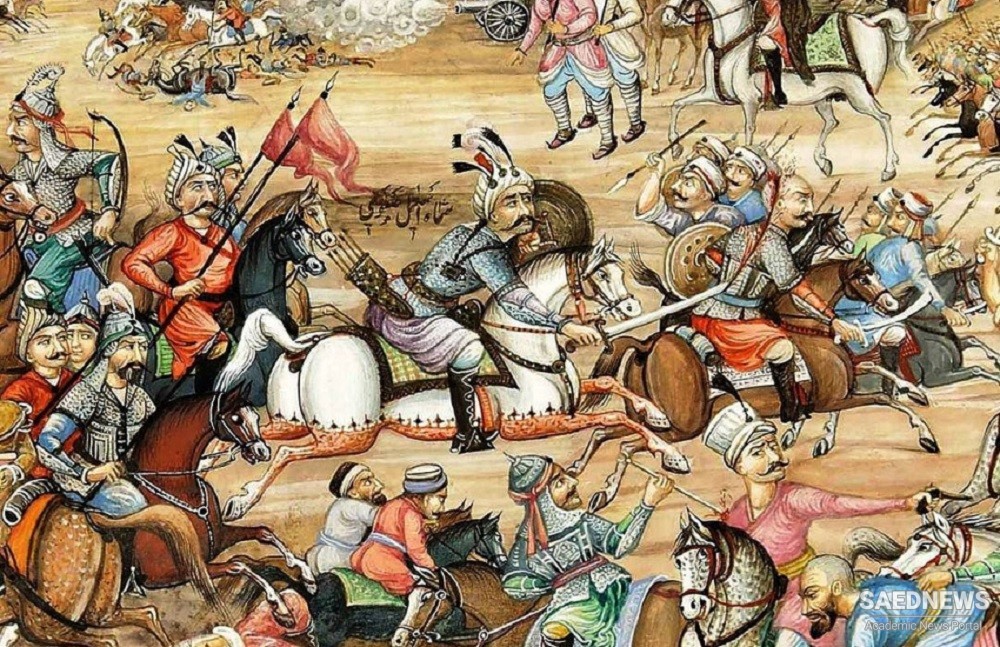Shah Ismail had numerous concerns ahead of the Chaldiran battle. In the end this anxiety proved to be unfounded: Isma'il did not avoid doing battle, although he must have known that the sultan commanded greatly superior forces. If certain sources can be relied upon, he deliberately relinquished certain advantages which would have accrued to him in his base in the mountains of Khuy in northwest Azarbaljan, and instead marched down into the plain of Chaldiran. Moreover, we are told that he refused to attack the enemy before their troops had time to recover from the exertions of their long march and could be deployed in battle order, the advice of two of his generals, Muhammad Khan Ustajlu and Nut 'All Khalifa, based upon their experience of fighting Ottoman troops. Although such information smacks slightly of the hindsight of participants, it is not impossible in view of the good fortune which had hitherto smiled on Isma'Il's military ventures that he really did act in this way out of a feeling of invincibility. In the battle of Chaldiran on 2 Rajab 920/23 August 1514 the shah suffered a shattering defeat. He himself managed to escape to his capital Tabriz with a small band of followers, but his army was beaten and many of his generals were killed. The magnitude of the disaster may be judged from the fact that the royal harem with two of Isma'Il's wives fell into the hands of the enemy. The reasons adduced for the Persian defeat include not only those already mentioned, especially the numerical superiority of the Turkish army, but also its possession of artillery and firearms which the Persians lacked almost completely and which had a devastating effect on their cavalry, particularly on the plain. The brilliant solution of the logistical problem, the difficulties of which should not be underestimated, on such a long march mostly through loyal territory certainly contributed to the Turkish victory, although perhaps it did not play a decisive role.


 Shah Ismail: the Sufi-Poet-King
Shah Ismail: the Sufi-Poet-King














































